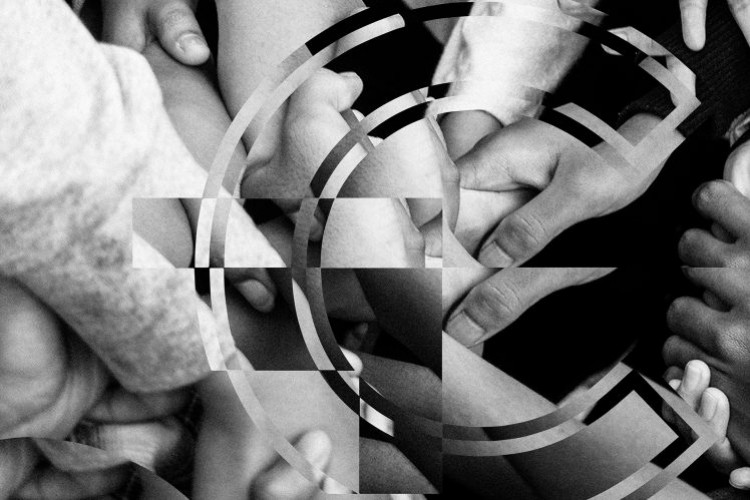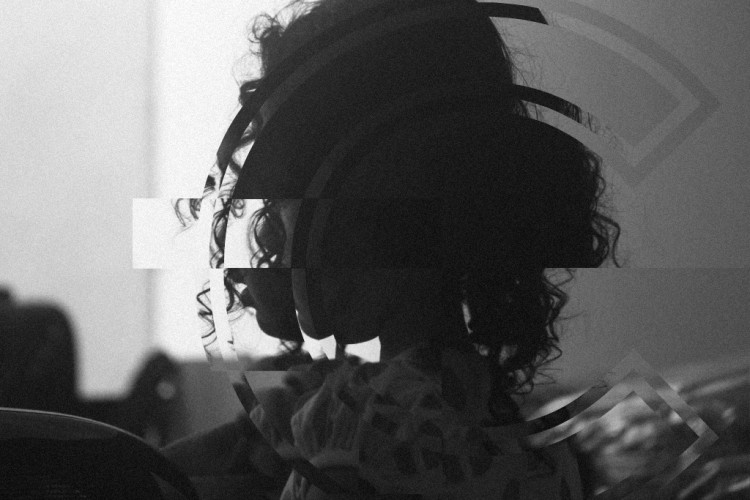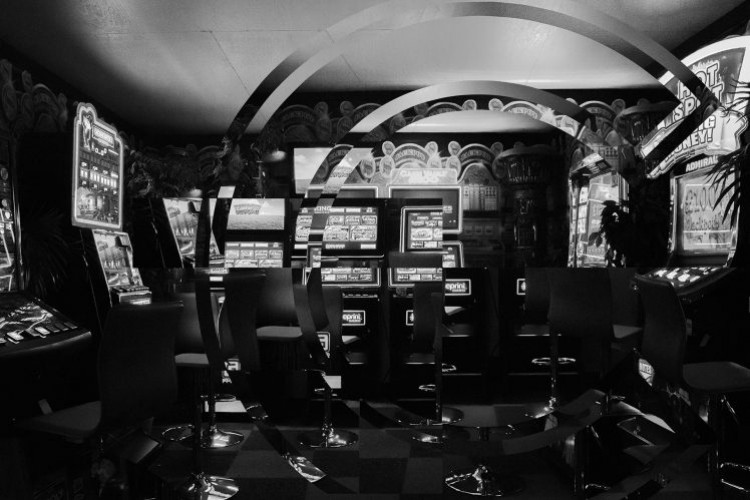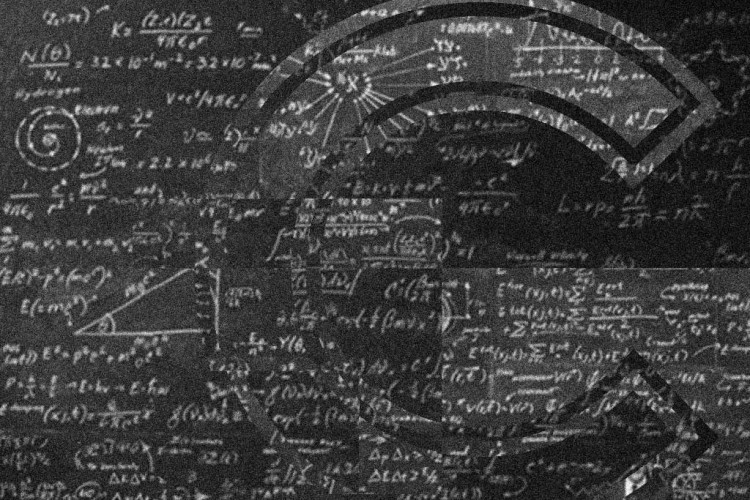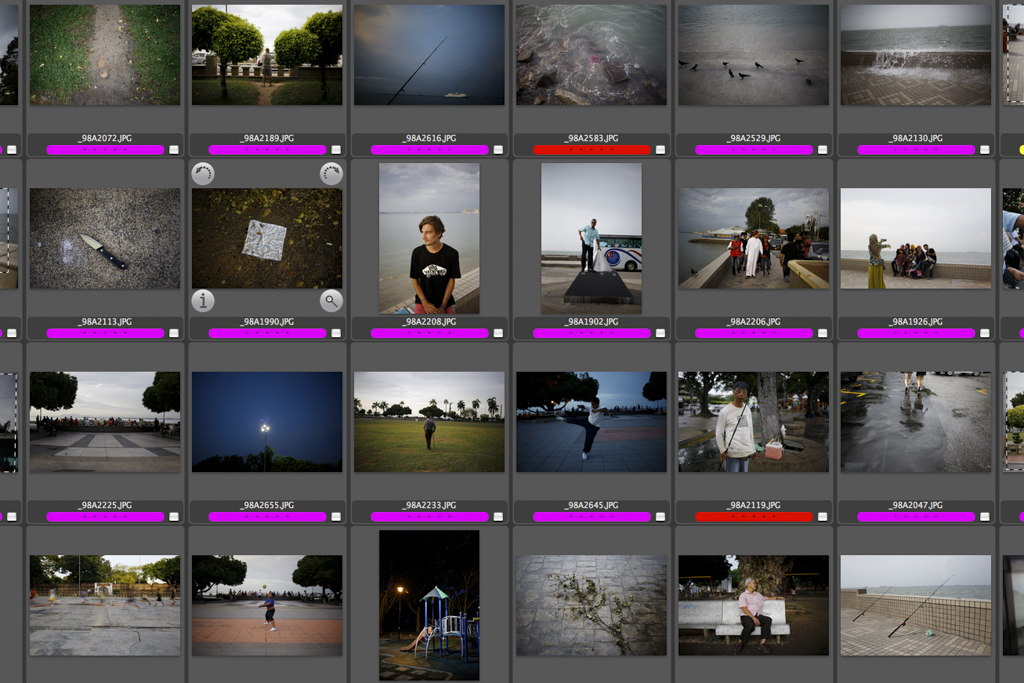
Now before we get started on this essay, I need you to understand that I do not refer the act of editing to the thing that you do on Photoshop to ensure that the mood of the photograph had matched your intention well. The act of editing photographs is the same when an editor tries to cut bits and parts of literary works like a short story or a novel, to ensure that the works are in a coherent, logical manner and evoking emotional response from the reader as a bonus. A photo editor is the photographer’s best friend, his/her mentor and the second unbiased critic (the first critic is always yourself) that you need to listen to.
Photographers tend to have deep emotional relationship with their works and their subjects thus resulted in poor judgement when they try to create a body of work. This is precisely why they need an editor, to tell them straight in their face that their work needs a bit more polishing. Of course, there are exceptions. Some people might be able to edit their work themselves, but usually it only comes after years of practice and having deep understanding of their work and limitations.
When I attended the Foundry Workshop, my mentor was Alison Morley, Chair of ICP and a prolific photo editor herself. During the workshop she had shown me the case of good and bad photo editing. On bad photo editing, she emphasized that the photographer is good but it was just a case of a really bad editing. I can’t remember clearly, but the story is about a woman who goes into a cooking class; there are about 7 to 10 pictures for this online publication. One picture shows the subject was driving a car and 4 to 5 pictures of the subject chopping onions. The story ended with the subject baking a cake successfully. Haruki Murakami wouldn’t even write something that bizarre, I think.
Now that we establish the importance of the editor, this question should come naturally “Who is your favourite editor?”
Talking about your favourite photographer is easy, but have you ever thought about the person who makes a photo story so special, like a good novel that gets you fixated over an extended period of time? The role of the editor is to ensure that it happens.
In Indonesia the most famous editor has got to be Oscar Motuloh, a prolific photographer himself and the head of the Antara Gallery (Galeri Fotojurnalistik Antara). He is also the curator that every photographer goes to. Almost every photo book and exhibition published would have him involved and because of that we have a bit of a problem. You see, nobody can replace Oscar yet. There are of course other editors, but there’s neither training nor education that is being provided to the younger generations. Experience will eventually help, but then again it can only help so much.
The second problem is, photographers outside of Jakarta and Bandung might not have the same access to this knowledge if the editors decide that they wanted to train the photographer in the editing class (as far as I know only the Bungkus from Bandung initiative that have started such class and it only happen once), creating a disparity and disadvantage to those who live outside of Jakarta and Bandung.
My prepositions in this short time are (because I don’t see that the condition would improve in the near future) younger photographers would need to realize what their work is all about and they need to work around the limitations. They need to work with their peers, try to understand each other’s works and give constructive criticism on how it could be improved by the means of editing.However, like I said earlier, you yourself should be the first and the fiercest editor or as my good friend Kevin Lee put it “There are millions ways to edit but only one gut feeling”. Go and discover that gut feeling of yours hopefully the condition would improve in the future.








